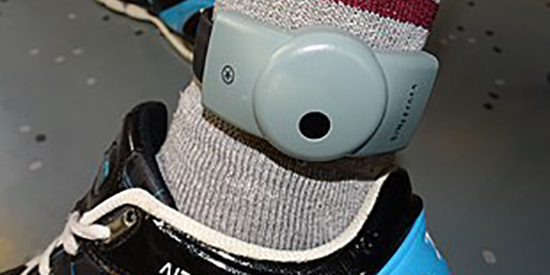Electronic bracelets could work if parole granted earlier: Deakin expert
Media release
The use of electronic bracelets for young offenders could be a good move if it meant early parole, and as long as funds weren’t diverted from parole officer training, according to a Deakin criminology expert.
Dr Richard Evans, a criminology lecturer with Deakin’s School of Humanities and Social Sciences, said parole was important to give young offenders the best chance of not reoffending.
“If electronic bracelets make parole more likely to be granted, and granted earlier, then I would approve the move,” Dr Evans said.
“The technology for this has been around for some 20 years, and appropriately managed is a useful part of the parole management toolkit.
“My only other concern is that the expense of the program should not divert funds from the training and employment of parole officers, of which Victoria needs more.
“The people skills of experienced parole staff are vital, and technologies like this one are only an assistance.”
Dr Evans said that well-managed parole was an essential tool in steering prisoners away from offending when they re-enter the community.
“In recent times, because of spectacular failures in parole supervision, parole has become harder and harder to get in Victoria,” he said.
“So stringent are parole conditions, that increasing numbers of prisoners are opting not to apply for parole, instead waiting for “straight release” – that is, completing their sentence in custody.
“This is seriously bad news.
“The likelihood of someone reoffending after straight release is much greater than if their release is managed and supervised.”
Share this story

